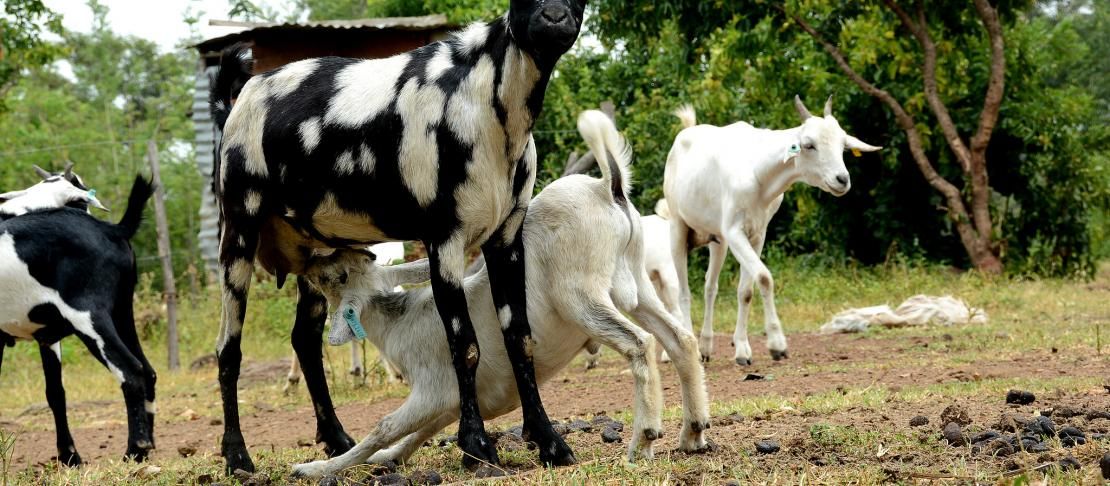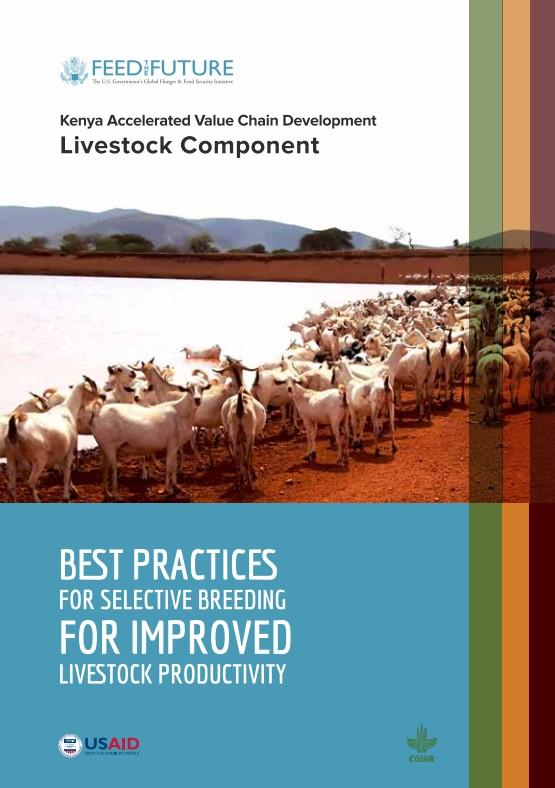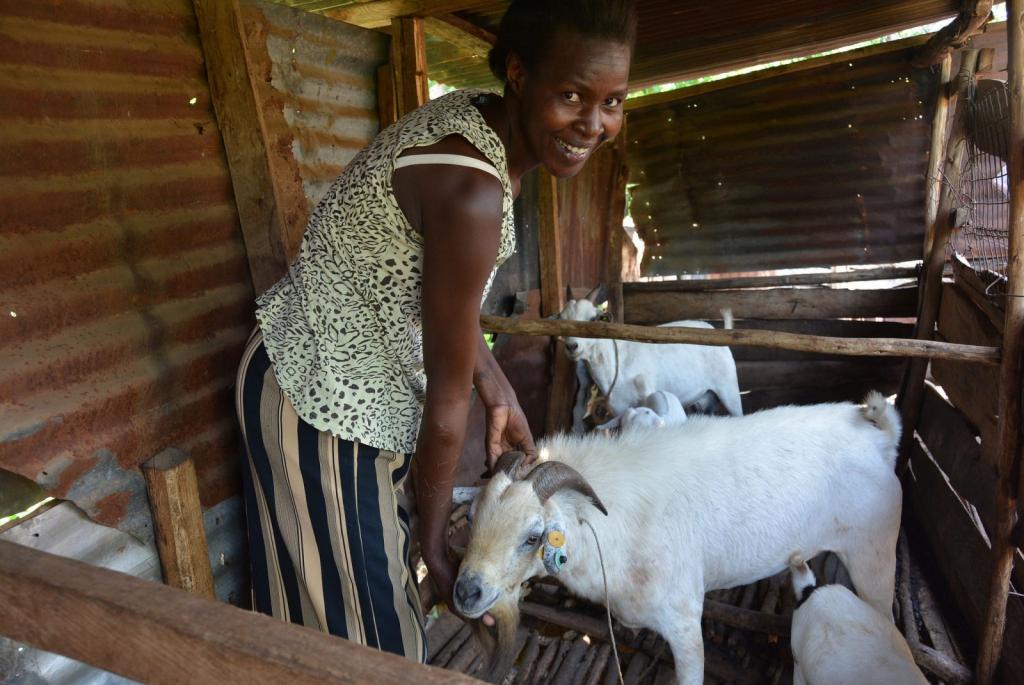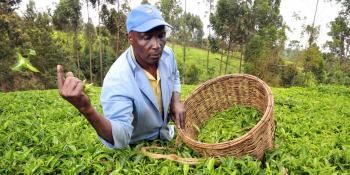Selective breeding manuals reveal best practices for livestock productivity

Community platforms in rural Kenya serve as the backbone for catalyzing innovative livestock interventions.
Two new manuals have been developed for livestock practitioners and development partners seeking to boost livestock productivity in pastoral communities through improved herd management. These modules are part of the Kenya Accelerated Value Chain Development (AVCD) program, a collaborative partnership between CGIAR centers, county governments, the civil society, the private sector, and also supported by the United States Agency for International Development (USAID). The partnership strives to enhance agricultural enabling environments, expand markets and trade, and boost value chain productivity. Additionally, the program aims to improve and diversify both food access and behavior around nutrition.

Download the reports:
The highlighted modules apply community-based interventions to add value to the sustainable production, marketing and management of sheep and goats. One remarkable practice is the crossbreeding of local breeds with improved breeds. It was introduced to enhance resilience by the International Livestock Research Institute (ILRI) through support from the CGIAR Research Program on Climate Change, Agriculture and Food Security (CCAFS).
Mobilizing interventions at the community level
As the Module 2 manual highlights: "Community-based core innovation groups (CIG) form the backbone of the entire intervention. The CIG are common interest group platforms through which producers learn and practice improved herd management through adoption of selected technologies and mutual sharing of knowledge and skills. It is also through the CIG that the technology spreads among other producers and communities.
Through adoption of the practices presented in these modules, it is anticipated that the quality of animals, meat and milk products from local breeds of small ruminants raised in pastoral systems, results in increased resilience, improved incomes and improved nutritional status of pastoral households."
Adapting to adverse climates in Nyando
An example of a community that is adversely affected by climate change is the Nyando basin covering Kericho and Kisumu counties of western Kenya. Prolonged droughts followed by heavy and unpredictable rainfall that causes flooding have led to crop and livestock losses. In addition, poverty, loss of labor, less diversified livelihoods and land degradation increase the vulnerability of farming households in Nyando to climate risks, directly reducing household food supply and impacting their nutritional status.
To adapt to this challenging context, smallholder farmers in the Nyando basin are testing a variety of agricultural interventions that respond to climate-related risks. One such intervention is the introduction of improved breeds of indigenous small ruminants in an attempt to improve the productivity of the local Small East African sheep and goats. The improved breeds of Red Maasai sheep and Galla goats, introduced by ILRI and supported by CCAFS, are crossed with the local breeds to increase their resilience.

Farmer Dorothy Achieng applies livestock interventions in Nyando Climate-Smart Village. Photo: T. Muchaba (CCAFS)
The small ruminants are important in ensuring food security under a changing climate as they provide the households with both nutrition and disposable income. Their small body size, flexible feeding habits and short generation intervals make them suited to climate risk management. Their low investment costs are affordable to the subsistence farmers and are often owned and tended by women and children.
Currently, the Galla and Red Maasai crossbreeds in Nyando represent about one-third of the total sheep and goats in the villages. At this rate, it is anticipated that the local breeds of sheep and goats will be replaced by new Galla and Red Maasai crosses in the future. This way many can benefit from the genetics of crossbreeds resilient to changing feed and water conditions in Nyando.
Read more:
- Website: Kenya Accelerated Value Chain Development (AVCD) Program
- Manual: Best practices for selective breeding for improved livestock productivity: Feed the Future Kenya AVCD Program Module 1 - Enquire
- Manual: Best practices for selective breeding for improved livestock productivity: Feed the Future Kenya AVCD Program Module 2 - Engage
The Kenya Accelerated Value Chain Development (AVCD) Program is led by the International Livestock Research Institute (ILRI) in partnership with the International Crops Research Institute for the Semi-Arid Tropics (ICRISAT) and the International Potato Center (CIP). The manuals were made possible with support from the American people delivered through the United States Agency for International Development (USAID) as part of the US Government's Feed the Future Initiative.
John Recha is Participatory Action Research (PAR) Specialist for the CGIAR Research Program on Climate Change, Agriculture and Food Security (CCAFS) East Africa.



